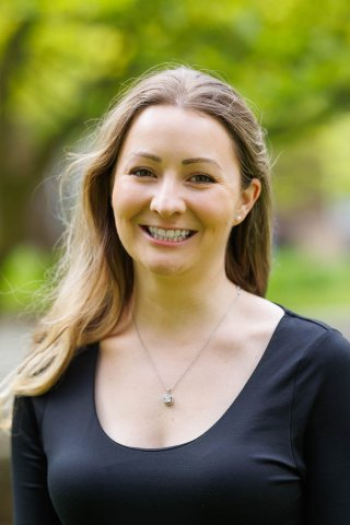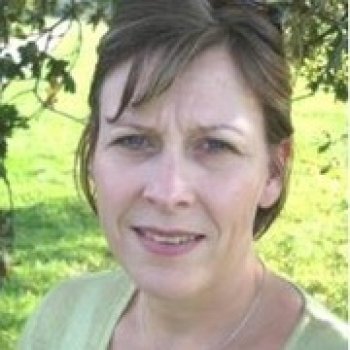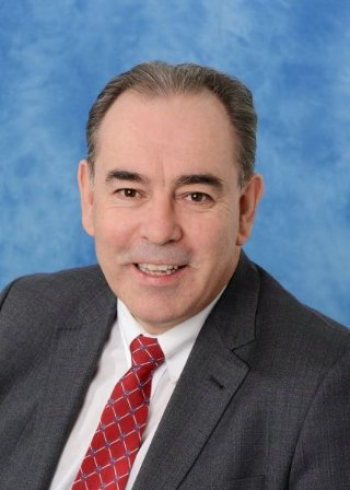Investing in high-quality local research is at the heart of what we do, and we are dedicated to advancing the prevention, treatment and care of chest, heart and stroke conditions within Northern Ireland.
We have invested around £9.5 million into research in local universities and hospitals since 1994, funding treatments, medications, therapies, rehabilitation programmes and cures.
We currently have £1.2 million invested in live research, and last year, your donations made it possible for us to fund four new studies. Thank you!
Read more below about these ground-breaking new studies focusing on improving stroke recovery, establishing new treatments for respiratory illness, and supporting families affected by Congenital Heart Disease.

Supporting stroke survivors to be more active for life post rehab.
Physical activity after a stroke can boost recovery, but often a stroke leaves people with health issues that make it harder to be active. Our PREP programme helps people get active after their stroke, and makes a real difference to their recovery. But PREP is a six-week programme. The problem is maintaining activity levels once it is finished.
So, we have funded Dr Katy Pedlow at Ulster University to develop a programme, with the help of stroke survivors, that will help them stay active long-term. If this research is successful, we will be able to offer stroke survivors a structured way of maintaining their recovery journey long after they’ve completed PREP.

Using computer game to help stroke survivors improve their arm function.
8 out of 10 stroke survivors will experience arm weakness due to brain injury. Although this brain damage can’t “cured”, the brain is resilient, and function can be recovered. Previous research suggests that "motor imagery training", which involves imagining moving the arm, has the potential to help stroke survivors improve arm function. Dr Kathy Ruddy, at QUB, has designed a computer game that teaches the user to change their brain activity. We’ve funded Dr Ruddy to test whether this game helps improve arm function.

Investigating if a diabetes drug can be used to treat Pulmonary Fibrosis.
Pulmonary Fibrosis (PF) is a lung disease that causes scarring, making it harder for the lungs to work properly. The cause of PF is not clear. Dr Bettina Schock, QUB, thinks that fibroblasts - cells that repair our tissue - are constantly "switched on", contributing to the scarring. A protein called HE4 looks like it keeps the fibroblasts switched on.
Dr Schock has already shown in the lab that a diabetes drug, Dapagliflozin, reduces the amount of HE4 in cells, which reduces inflammation and scarring. We’ve funded them to test whether the drug could be a new treatment for PF. This is exciting because effective treatments are urgently needed.

Baby Hearts 2 : Exploring how to prevent Congenital Heart Disease (CHD) and protect Babies’ Hearts.
Congenital Heart Disease (CHD) is a range of heart conditions that babies are born with. In most cases, no obvious reason can be identified. Understanding the factors involved is vital, and that’s why we funded “Baby Hearts” back in 2013.
We're now funding Professor Frank Casey, Ulster University, to go back to the babies in the original study to see how they are developing. This study is exciting because often in research we don’t get the chance to follow up with the same group of people. Being able to do so allows us to build up a more accurate picture of how CHD affects these children. We hope the findings can be used to ensure services meet their needs, and to improve guidance given to those planning to have a family.
You can find out more about our research projects and Scientific Research Grants Programme here.
